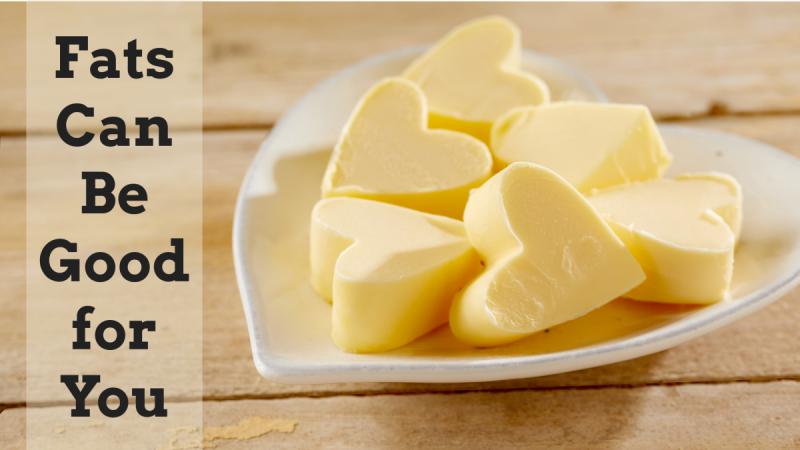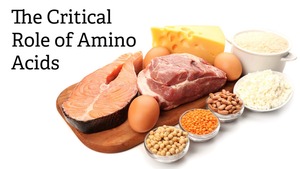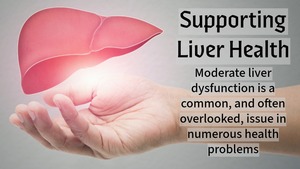
Fat. Just say the word and notice the emotions it evokes. The word can have very negative connotations in our society. Fats have a bad reputation, both for making us fat and for being bad for our health. Labels claiming foods are “low fat” or “no fat” are associated with better health.
In spite of this bad rap, most people still love fats. After all, fried foods, whipped cream, sour cream, and butter taste good, and food manufacturers now that fatty foods, like sugary foods, are things people crave.
We crave them because certain kinds of fats (which we’ll talk about in this newsletter) are essential to our health. They are needed for the production of certain endocrine hormones such as estrogen, testosterone, cortisol, aldosterone, and progesterone. They are also used to create specialized messengers, eicosanoids, that allow cells to communicate with each other. Prostaglandins are the best known of these messengers, which mediate inflammation, regulate immune responses and control other cell functions.
The nervous system contains a lot of fat, especially the brain. Fats are needed in the myelin sheaths of nerve cells for insulation and proper brain function. Fat keeps the skin soft and healthy. They also insulate us against the cold. In fact, every cell of our body needs fats.
So, why do fats get such a bum rap? Well, it primarily has to do with the quality of fats we consume. Just like refined carbohydrates cause health problems because they don’t contain all the nutrients our body needs to process them, so refined fats in the form of processed vegetable oils are lacking what we need to be healthy.
In this Sunshine Sharing Hour, we’re going to help you understand fats better so you can pick the kind of fatty foods that will contribute to your health, not detract from it. Specifically, we’ll cover saturated versus unsaturated fats, omega-3 and omega-6 essential fatty acids, and the importance of using natural versus processed fats.
Become a Member to Watch Fats Can Be Good For You
Steven Horne's member program includes monthly training in natural healing techniques using herbs, nutrition, dietary supplements and lifestyle changes as well as emotional healing and other holistic techniques through our webinars, including Fats Can Be Good For You.
Steven has helped thousands of people succeed with herbs and natural healing. Sign up today and gain access to his powerful, practical insights to improve your health using herbs and natural healing and to help others do the same.
Steven Horne's Member Program Benefit
Fats Can Be Good For You is part of Steven Horne's Strategic Herbalist Member program.
If you are a member or have already purchased Fats Can Be Good For You please log in.
Conditions
- Fat Cravings
- Fat Metabolism (poor)
Sunshine Sharing - Vol. 34 #12
Read this issue of Sunshine Sharing
-

Supporting Happy Brain Chemistry January 2026 -

Healing Generational Trauma February 10, 2026 6:00 pm MT -

The Critical Role of Amino Acids February 24, 2026 6:00 pm MT -

Mind-Body Connections Revealed Through Iridology March 10, 2026 6:00 pm MT -

Supporting Hepatic Health March 31, 2026 6:30 pm MT -

Botany for Herbalists April 21, 2026 6:00 pm MT





